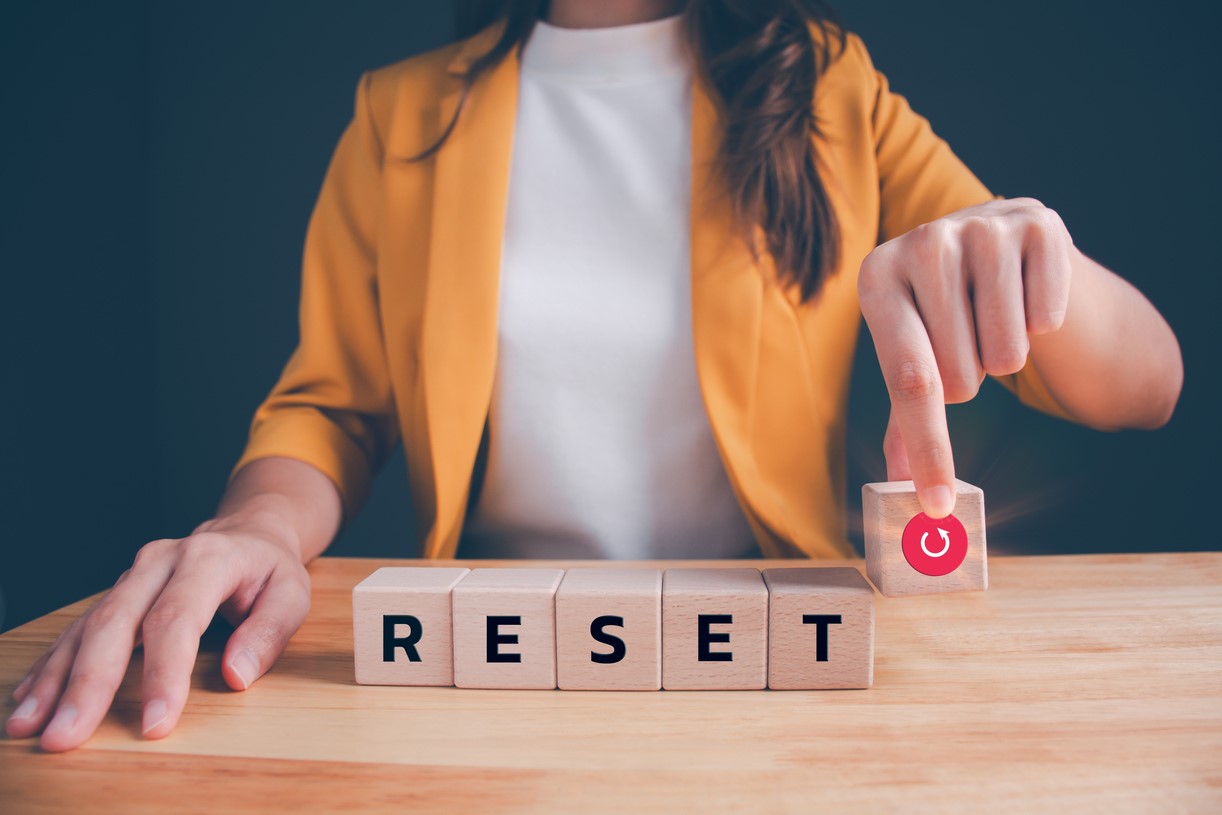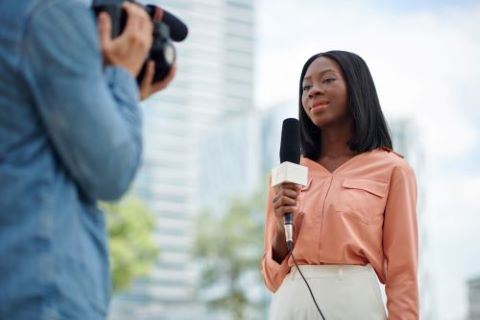
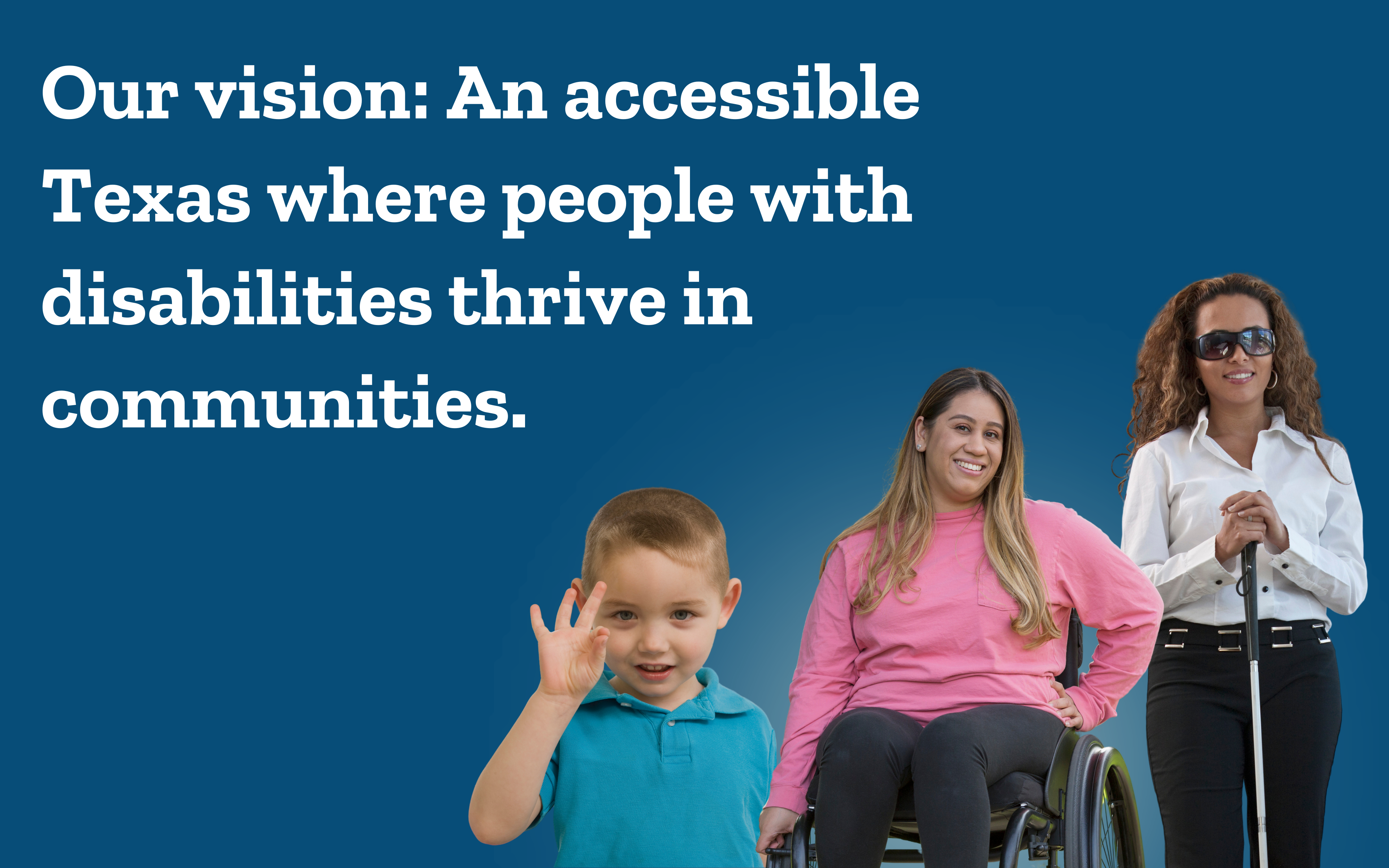

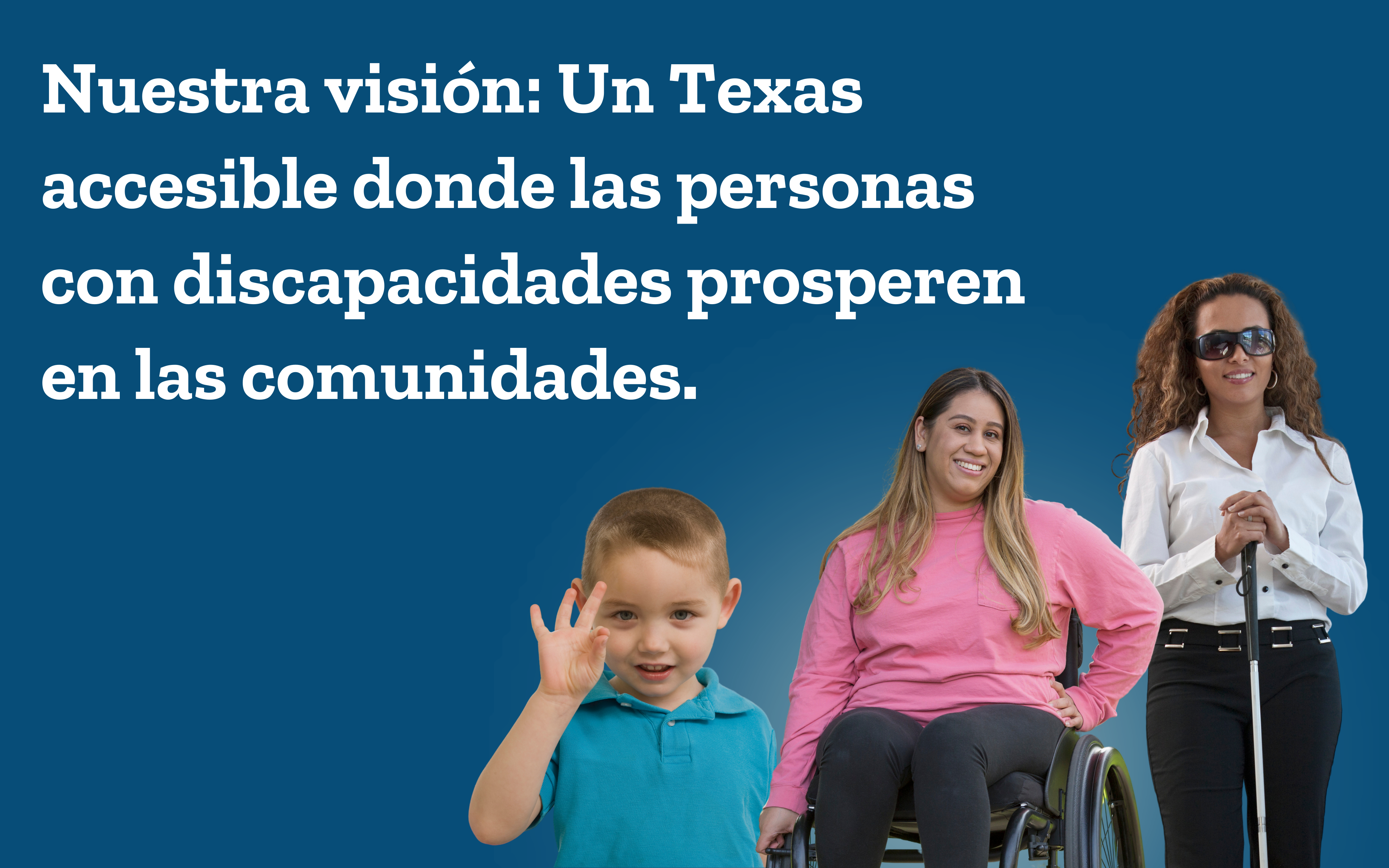
Staff Blog

One of the words we heard a lot last year was uncertainty. The idea of things being in flux and unsettled permeated nearly every aspect of our lives. In some ways, 2025 might seem like a lost year, as many of us struggled just to keep up – with bills, work, the news, etc.
Now that it’s a new year, it’s time to take our lives back. If last year felt like a step backward, take a step forward in 2026 and start with standing up for your disability rights.
As a person with a disability, you have certain rights. You have the right to be free from discrimination. You have the right to request reasonable accommodations. You have the right to access places. You have the right to be included at school, at work, and in the community. You have the right to make your own decisions and be in control of your own life.
In 2026, make sure you understand your rights and are ready to advocate for yourself. Start by checking out our self-advocacy resources. These will help you understand your rights related to topics like education, employment, housing, voting, and more. You may want to also use one of our sample letters and letter generators to inform agencies and others about your rights and what you need.
See our self-advocacy resources




Staff Blog
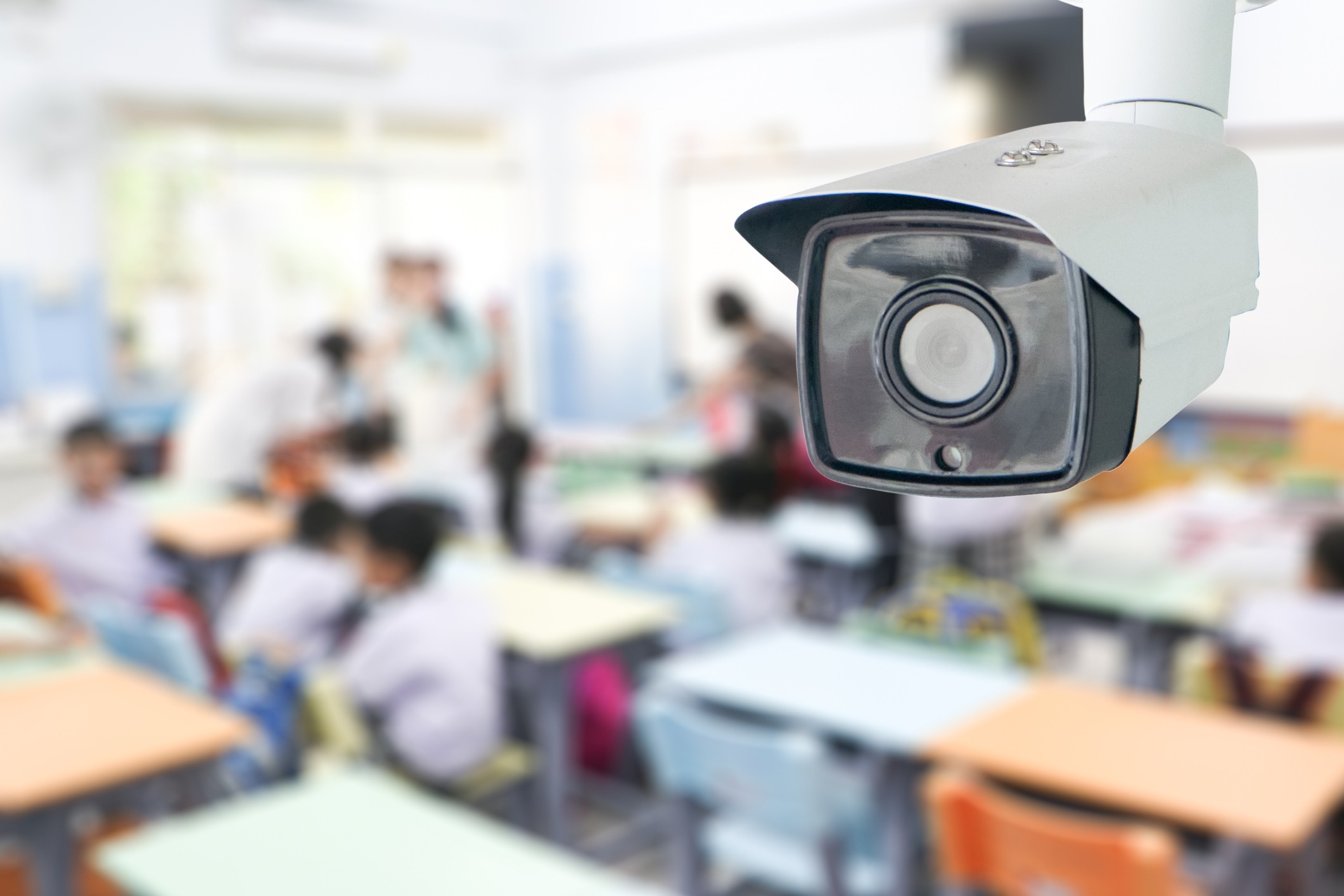
Every child deserves safety, dignity, and protection—and cameras in the classroom can help make that possible.
Video cameras can be placed in certain self-contained special education classrooms to protect students who, due to their disabilities, might not be able to report abuse and neglect they experience at school.
School districts and public charter schools must install a video camera if you request one. Once installed, the camera will record at all times during the school day as long as at least one student is present.
The school district saves the recordings, but only for a limited amount of time. If you suspect your child has experienced abuse or neglect, you should file an incident report and request to view the recording as soon as possible.
If the school denies your request for a camera or a recording, you can appeal through the district and, if needed, to the Texas Education Agency.




Staff Blog

Federal and state laws prohibit discrimination in housing because of a person’s disability. These laws apply to rental, sales, advertising, and mortgage lending practices.
It can be helpful to be informed about your housing rights and housing discrimination so you know what to watch for, how to protect yourself, and what you can do if your rights have been violated. In December and January, we’re hosting two webinar series to help you understand your housing rights. All webinars will be held on Zoom.
Fair Housing Rights webinars will cover how the Fair Housing Act protects people with disabilities from housing discrimination and allows you to request reasonable accommodations. Webinar schedule:
- Wednesday, December 17, 10 a.m. CT (register)
- Wednesday, December 17, 12 p.m. CT (register)
- Friday, December 19, 10 a.m. CT (register)
- Wednesday, January 7, 10 a.m. CT (register)
- Thursday, January 8, 10 a.m. CT (register)
- Friday, January 9, 10 a.m. CT (register)
- Friday, January 9, 12 p.m. CT (register)
Predatory Lending webinars will cover how lenders might try to trick or take advantage of you by offering you a home loan with unfair and harmful terms. Webinar schedule:




Staff Blog
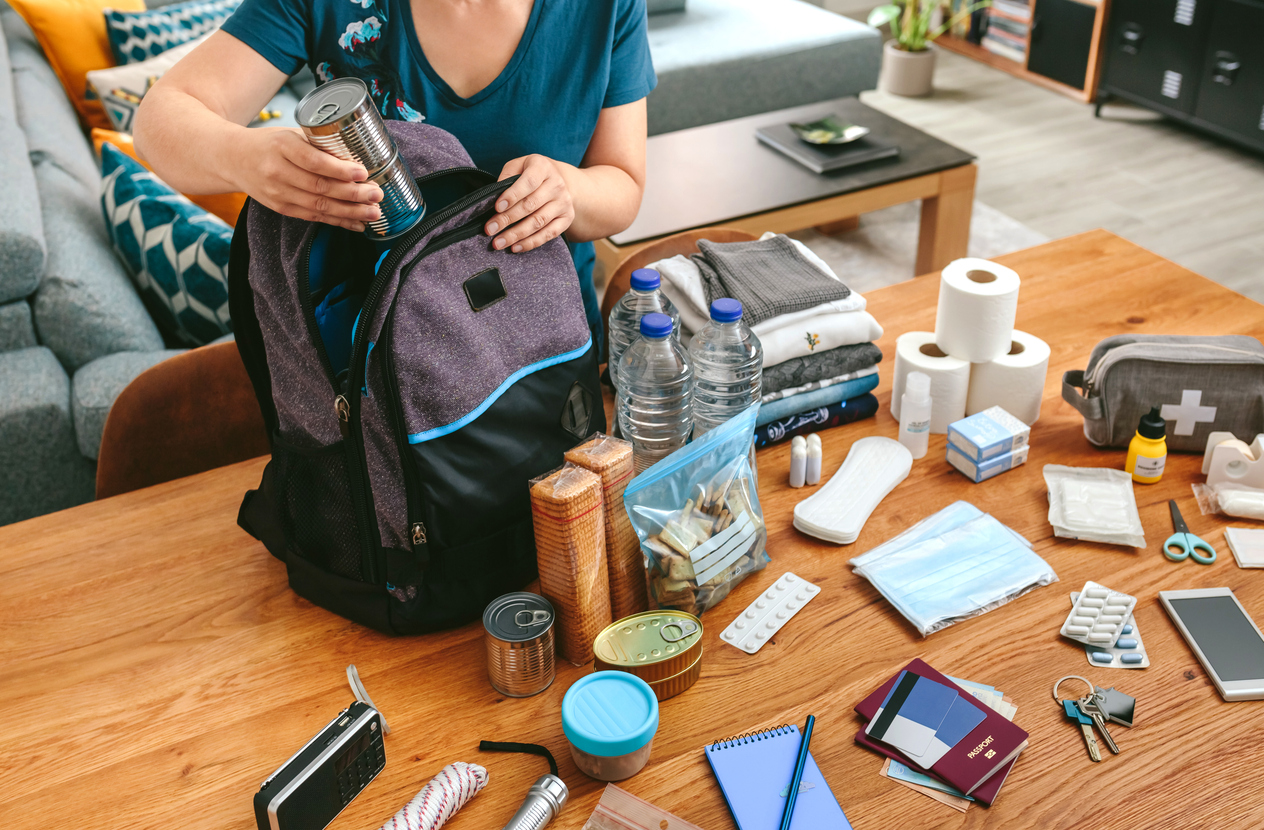
Earlier this year, the Disaster Resilience Survey of Texans with Disabilities was conducted. Similar to previous years, most survey respondents indicated that they are not prepared for the disasters and emergencies Texas experiences. In 2025, 471 people took the survey.
Not prepared
The majority of survey respondents said they are not prepared for disasters, with 55% indicating they are either not very prepared or not prepared at all. Unfortunately, the needle is not moving regarding preparedness levels – as 73% said their preparedness level is either the same or worse than it was a year ago.
Steps taken…or not
Overall, when asked what they have done to prepare, or what they have on hand, the majority of respondents had not taken action.
When asked about specific steps they had taken to be prepared – like collecting important information in one place, having a plan to shelter in place, or knowing how to get prescriptions refilled during a disaster – 50% of respondents had not taken any steps. Of the nine options available, five were completed by less than 10% of survey respondents. Having important information collected in one place was the most-completed action at just 36%.
When respondents were asked what they have on hand to help them survive a disaster, the majority of people did not have what they need. For example, less than half of respondents had enough food and water for five days (41%), a battery-powered radio (28%), or a back-up power source (19%). A first aid kit was the only item that the majority of respondents had (55%).
Worried
Peoples’ lack of preparedness does not stem from their lack of concern about the disasters that could impact their lives – people are worried. When asked whether or not they are worried about 14 different types of disasters, all but one – earthquakes – was selected by well over 100 people. Below are the types of events people are the most worried about:
- Tornadoes (67%)
- Extreme heat (65%)
- Flooding (56%)
- Cold weather event (52%)
- Cybersecurity issues (51%)
Barriers
When asked about their biggest barrier to being prepared, money was far and away the most-cited reason, with 62% of people selecting this option. The other two options that people selected the most were “I don’t know what to do to get prepared” (36%) and “My disability makes it difficult to get prepared” (35%).
Tackling disaster resilience
Disability Rights Texas (DRTx) works to improve the disaster resilience of the disability community and the survey is one part of this effort. Survey respondents who opt-in can receive disaster resilience information directly from DRTx via email. Also, the preparedness gaps revealed by the survey inform the disaster resilience resources we develop, including our new Navigating Disaster Resources video. And finally, survey results are used to educate policymakers about the disability community’s needs related to disaster preparedness.




Staff Blog
We’re not giving up. We can’t.
We’ve come too far in the fight for disability rights to stop now. Even though the world around us is tearing so many things down, we believe with people like you by our side, we can keep building. We have to.
On November 3, we launched our “Building a Way Forward” year-end campaign. Deep cuts in our federal funding have already impacted the number of people we can help. But you can change that. 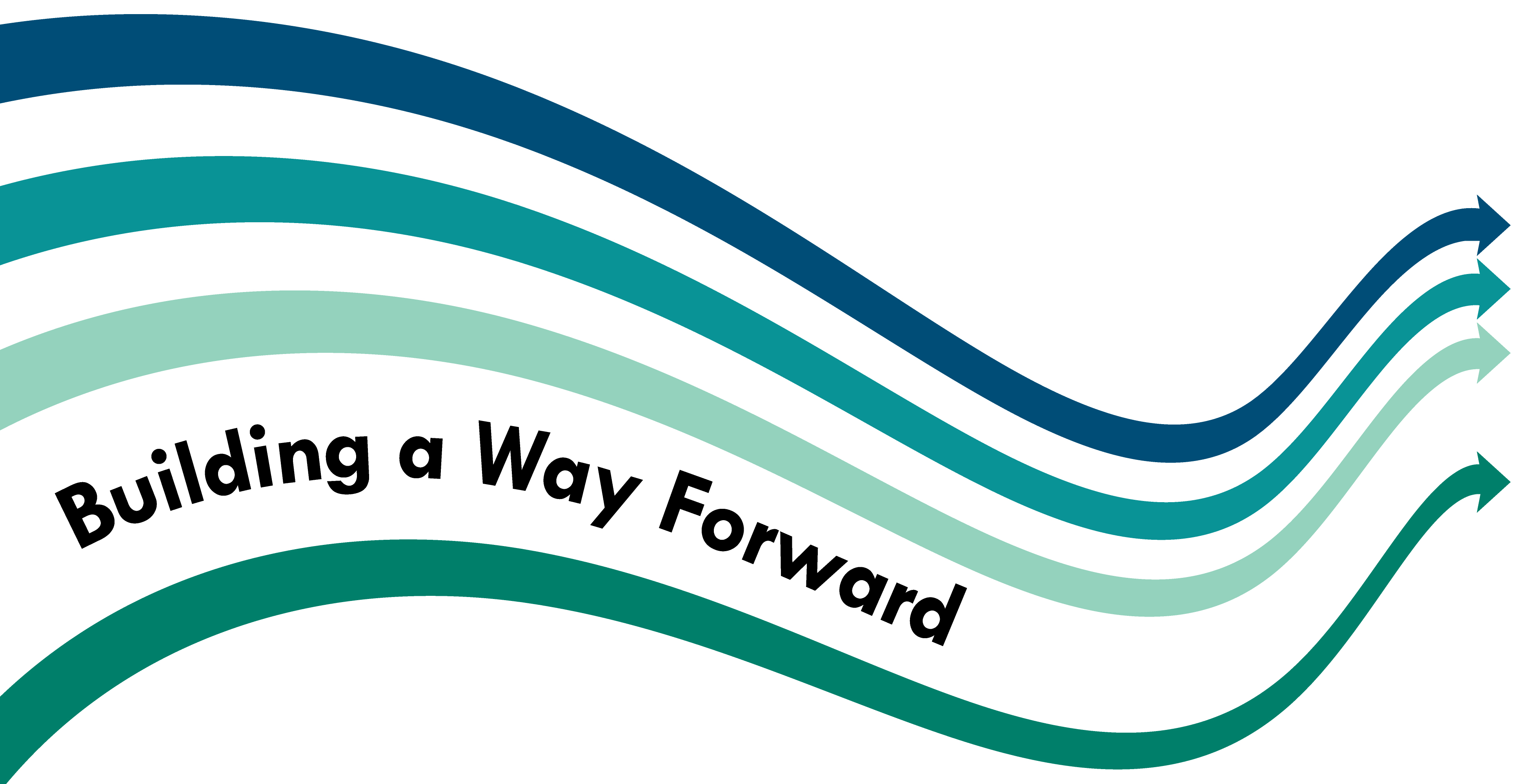
With your financial support, we can keep building and going strong. We have to – because 3 million of our Texas neighbors with disabilities are counting on us.
To those of you who have continued to support us throughout the years – thank you!
And don’t forget – GivingTuesday, a worldwide day of generosity, is on December 2. Start thinking now how will you participate.
P.S. Can’t afford to give? You can still help! Raise $150 or more on Facebook for DRTx between Nov. 3 and Dec. 31, 2025, and we’ll send you a free t-shirt or mug of your choice from our merch store.




Staff Blog

Tuesday, November 4, is Election Day. This is your opportunity to vote for the people and issues you support. Read the information below to make sure you’re ready to vote in-person on Election Day.
Who can vote?
Anyone who is registered to vote on Election Day can vote. If you registered to vote, you should have received a Voter Registration Certificate in the mail 30 days after registering. If you aren’t sure if you’re registered, you can check on the Am I Registered? Portal. If you are registered to vote, but your name isn’t showing up on the rolls, you can ask to vote by using a provisional ballot.
What am I voting on?
This election includes 17 statewide propositions, and some voters may also vote on local offices and local propositions. Also, one state senate and one U.S. House of Representatives seat will be decided. See your sample ballot so you know what to expect when you fill out your ballot.
Where do I vote?
It depends on where you’re registered to vote. In some counties, you can vote at any polling place in the county, while in other counties, you can only vote at the polling place assigned to you. Contact your county elections office to find out where you can vote.
When do I vote?
Polling places will be open from 7 a.m. to 7 p.m. on Tuesday, November 4.
How do I vote?
- Transportation: Make sure you have a way to get to your polling place and see our Find a Ride Guide to learn about some of your transportation options.
- Identification (ID): You’ll have to provide one of the accepted forms of ID to vote.
- Accommodations: You have a right to accommodations so voting is accessible for you. This could include things like curbside voting, moving to the front of the line, using a special voting device, getting help with your ballot, and more.
Need help?
If you have questions regarding voting, or if you feel that any of your voting rights have been violated, please contact the Disability Rights Texas Voter Hotline at 1-888-796-VOTE (8683) or e-mail vote@drtx.org.




Staff Blog

Federal and state laws prohibit discrimination in housing because of a person’s disability. These laws apply to rental, sales, advertising, and mortgage lending practices.
But there could be a time when your rights are violated and you experience housing discrimination due to your disability. If this happens, what can you do about it? And what can you be on the lookout for so you can avoid it? We have resources to help you.
Housing Discrimination? Report It.
If you believe you’ve been discriminated against when trying to buy or rent a home or get housing assistance, you should report it as soon as possible by filing a housing discrimination complaint. Using our Housing Discrimination Complaint Generator is a fast and easy way to report a complaint.
Learn About Your Housing Rights!
When it comes to housing discrimination, it helps to be informed so you know what to watch for, how to protect yourself, and what you can do if your rights have been violated. In November, we’re hosting two webinar series to help you understand your housing rights. All webinars will be held at 12 p.m. CT on Zoom.
Fair Housing Rights webinars will cover how the Fair Housing Act protects people with disabilities from housing discrimination and allows you to request reasonable accommodations. Webinar schedule:
- Wednesday, November 5 (register)
- Friday, November 7 (register)
- Wednesday, November 12 (register)
- Friday, November 14 (register)
- Wednesday, November 19 (register)
- Friday, November 21 (register)
Predatory Lending webinars will cover how lenders might try to trick or take advantage of you by offering you a home loan with unfair and harmful terms. Webinar schedule:
Additional Resources
For more information about your housing rights, see our Housing Self-Advocacy Resources.




Staff Blog
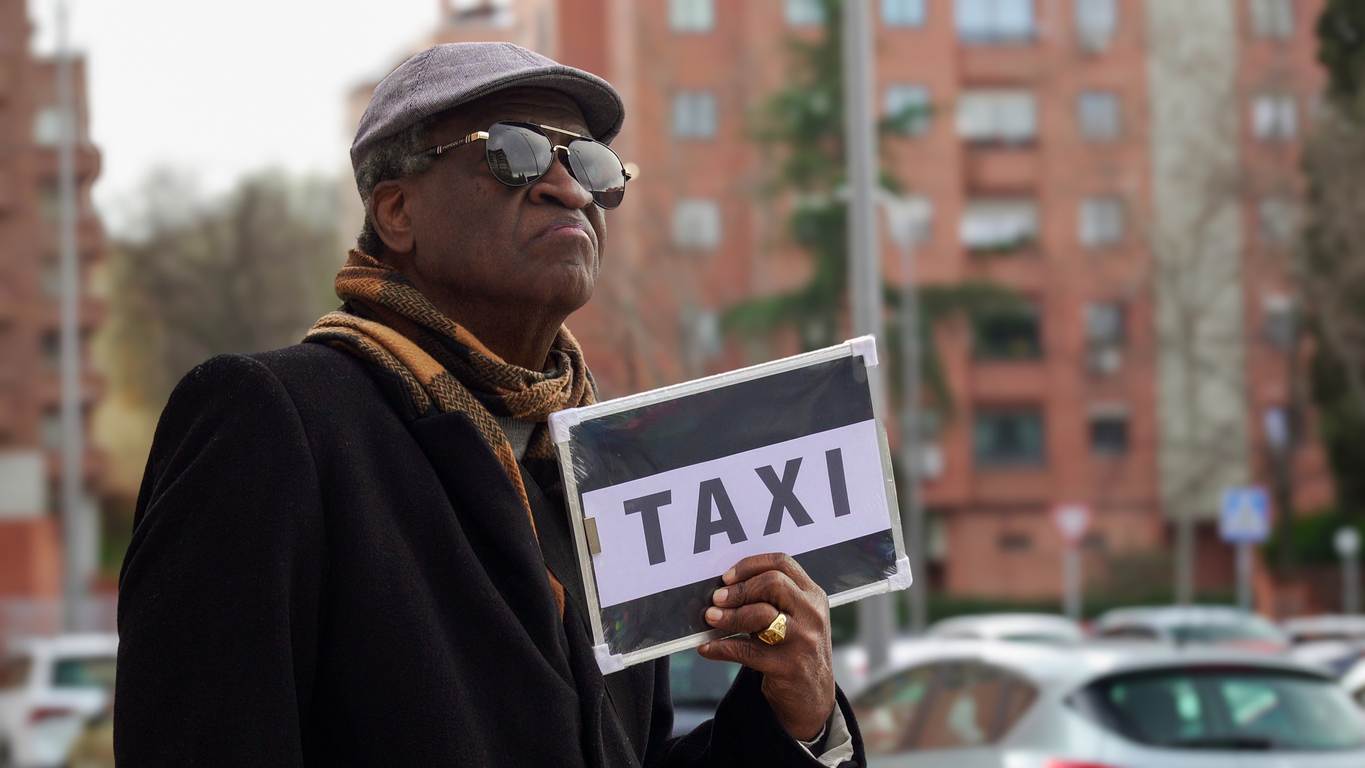
Find a Ride Guide
Do you want to vote in the November 2025 election but need a ride to the polls? If you do, our Find a Ride Guide (Excel) may be able to help. The guide was put together by Disability Rights Texas (DRTx) staff and it includes information about different transportation options you can consider this election season. The Find a Ride Guide includes information about:
- public transportation,
- paratransit,
- taxis,
- rideshares,
- Uber and Lyft, and
- more.
For the transportation types listed above, the guide includes things like the names of transportation providers, phone numbers, websites, fares, accessibility options, etc.
The Find a Ride Guide is a spreadsheet. To access the guide, you need to download the file and open it in Microsoft Excel or Google Sheets.
Download the Find a Ride Guide
The Find a Ride Guide is provided as a resource for people with disabilities and others to reference. The information in the guide was current at the time of publication, so you should verify the information with the transportation provider you are considering. DRTx does not provide or arrange rides to polling sites.
Need help?
If you are not able to use the Find a Ride Guide, we may be able to help. Fill out a Find a Ride Form and DRTx staff will relay the information provided in the guide.
You can also get help finding a ride by calling our Voting Rights Hotline at 1-888-796-VOTE (8683) or by sending an email vote@DRTX.org.




Staff Blog

If your child is receiving special education services, you are probably familiar with what an ARD meeting is. But knowing how to prepare for one can be overwhelming for parents.
You don’t have to be scared – you can be prepared. Our IDEA Manual has a comprehensive section on ARD meetings plus a checklist for parents on how to get ready. A few tips you will find include:
Ask for a pre-ARD meeting
You may want to meet with your child’s teacher(s) or service providers before the meeting to discuss possible IEP goals. It gives parents and educators an informal opportunity to discuss a child’s progress and what tools she might need.
Carefully read the ARD meeting notice
Make sure you understand what issues will be discussed and who will attend. If necessary, request that additional items of discussion be added to the agenda.
Get copies of all relevant information
Make sure you have copies of all relevant information you will need for the meeting such as your child’s most recent evaluations, teacher progress notes, the school’s Student Code of Conduct and any disciplinary referrals, etc.
Prepare a list of your child’s needs
Make a list of the instructional/behavioral modifications and accommodations you know work best for your child.
Learn more
You can get our full checklist on How to Prepare for an ARD Meeting on page 74 of the IDEA Manual. And for full details on ARD meetings, go to page 26 in the manual.
We also have several other resources on our website to help you advocate for your child:
- Requesting an Initial Evaluation
- How to File a TEA Complaint
- How to File a School District Complaint
- Planning for Life After High School
Find additional helpful information in our Education Resources section.




Staff Blog

Updates with our state’s voting system have caused some unintentional delays in processing voter registration applications. This is unlikely to affect most voters, but check your voter registration status at votetexas.gov just to be sure.
If your registration is NOT up to date, especially if you know you submitted a new application this year, you should get in touch with your local elections office, and they should be able to provide you with more information.
But you should ALSO be prepared to cast a provisional ballot when you go to the polls. Remember, you always have the right to vote provisionally if you can’t cast a regular ballot for any reason.
The process for provisional ballots is similar to regular voting, but you’ll have to fill out some additional paperwork. Then, depending on the issue, the elections office will verify your eligibility and determine whether or not your ballot will be counted, or you may be required to bring in additional documentation within six days after Election Day.
If you have to vote provisionally, you should immediately contact your county’s elections office to learn what steps need to be taken to be sure your ballot is counted. It varies depending on the reason, but for a voter registration issue, the county and state should have that information on file, provided that your application was complete and received on time.
Our website has more information about provisional ballots.
Get help with voting
People with disabilities having trouble voting can contact the Disability Rights Texas Voter Hotline in a number of ways:
- Call 1-888-796-8683
- Email vote@drtx.org
- Call our sign language video phone at 1-866-362-2851

